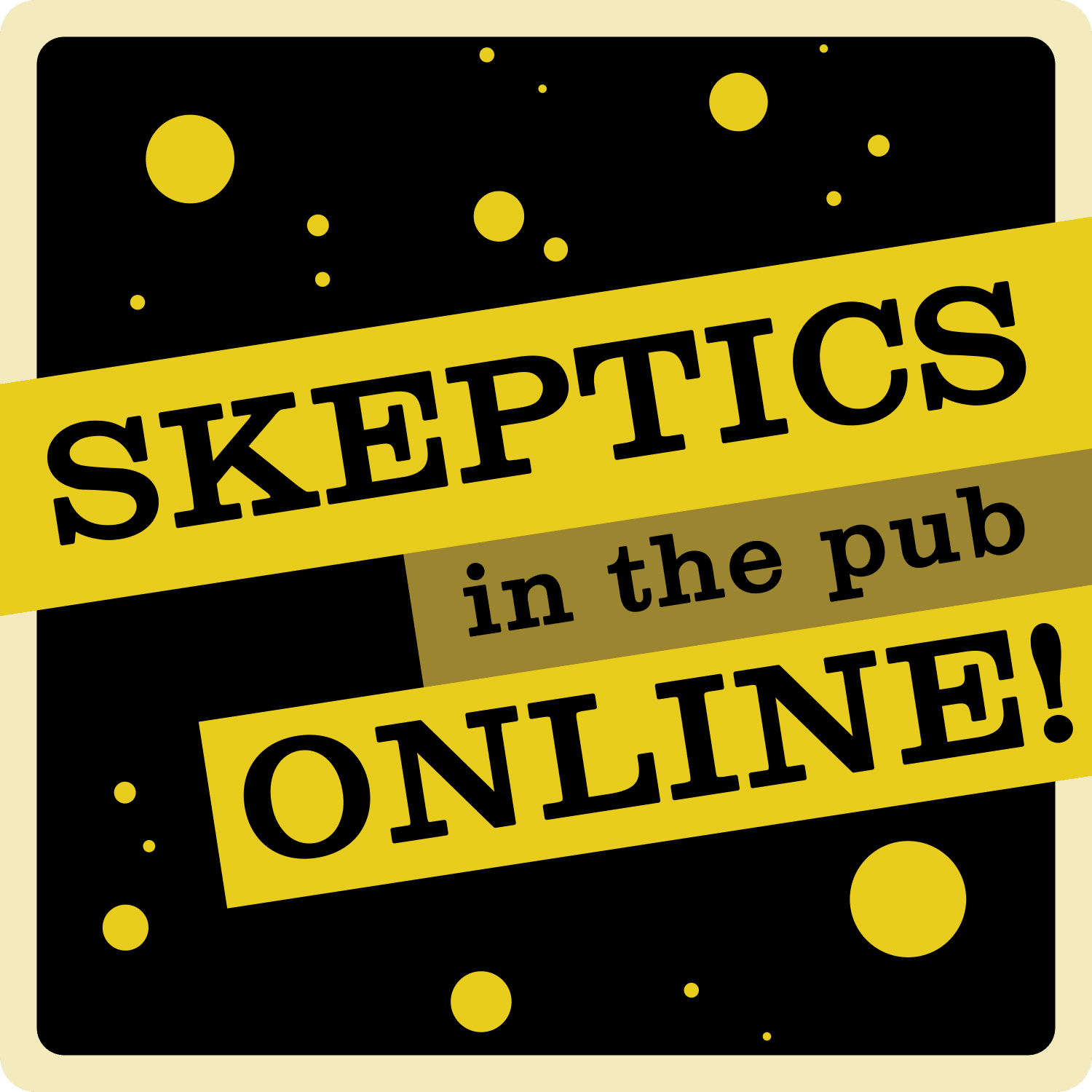Welcome to Greenwich Skeptics in the Pub!
Next talk on 9/March: “The Hull Werewolf” by Deborah Hyde
Greenwich SitP is currently the only branch of SitP in South East London. The idea is simple: Once a month, we all meet up in a pub to hear a guest speaker and enjoy a drink or three.

Our regular meet-up spot has changed as of October 2025. We’ll now be gathering at The Plume of Feathers (19 Park Vista, SE10 9LZ) on the second Monday of each month, unless otherwise noted. Talks will begin at 7:30pm. Although the talks are free and open to all, we would appreciate a small contribution towards covering speakers’ expenses (suggested donation: £4).
Stay updated on our latest events right here on our website, or connect with us on:
- Meetup: Greenwich Skeptics in the Pub
- Twitter: @greenwichsitp
- Bluesky: @greenwichskeptics.org
- Mastodon: @GreenwichSITP@mastodon.world
- Facebook: Greenwich Skeptics in the Pub
We look forward to seeing you at one of our informal gatherings soon!
Our Next Talk

The Hull Werewolf
Deborah Hyde
9 March 2026 Monday 19:30
The Plume of Feathers
19 Park Vista, Greenwich, SE10 9LZ
Was a werewolf really loping around Hull’s Barmston Drain in 2016? Folklorist Deborah Hyde investigates this modern manbeast mystery.
In 2016, a peculiar story hit local headlines – a werewolf was loping around Barmston drain, an eighteenth century canal in Hull. Such tabloid gold couldn’t stay local for long and national newspapers amplified the reports to the point that international publications like the Huffington Post repeated them. Rock star Alice Cooper even commented on social media. But what lay behind the sensational spin? How many eye-witnesses were there and what did they really say? The Hull Werewolf’s context – both folkloric and contemporary – is rewarding to examine, to illuminate the content and transmission of this popular twenty-first century cryptid tale.
A specialist in belief, folklore and the supernatural, Deborah is a writer, broadcaster and producer who explores the strange corners of culture. She has appeared on ‘Strange Evidence’, ‘Mysteries at the Museum’ and the hit BBC podcasts ‘Uncanny’ and ‘The Battersea Poltergeist’, and was Editor-in-Chief of ‘The Skeptic’ for a decade.
April 2026
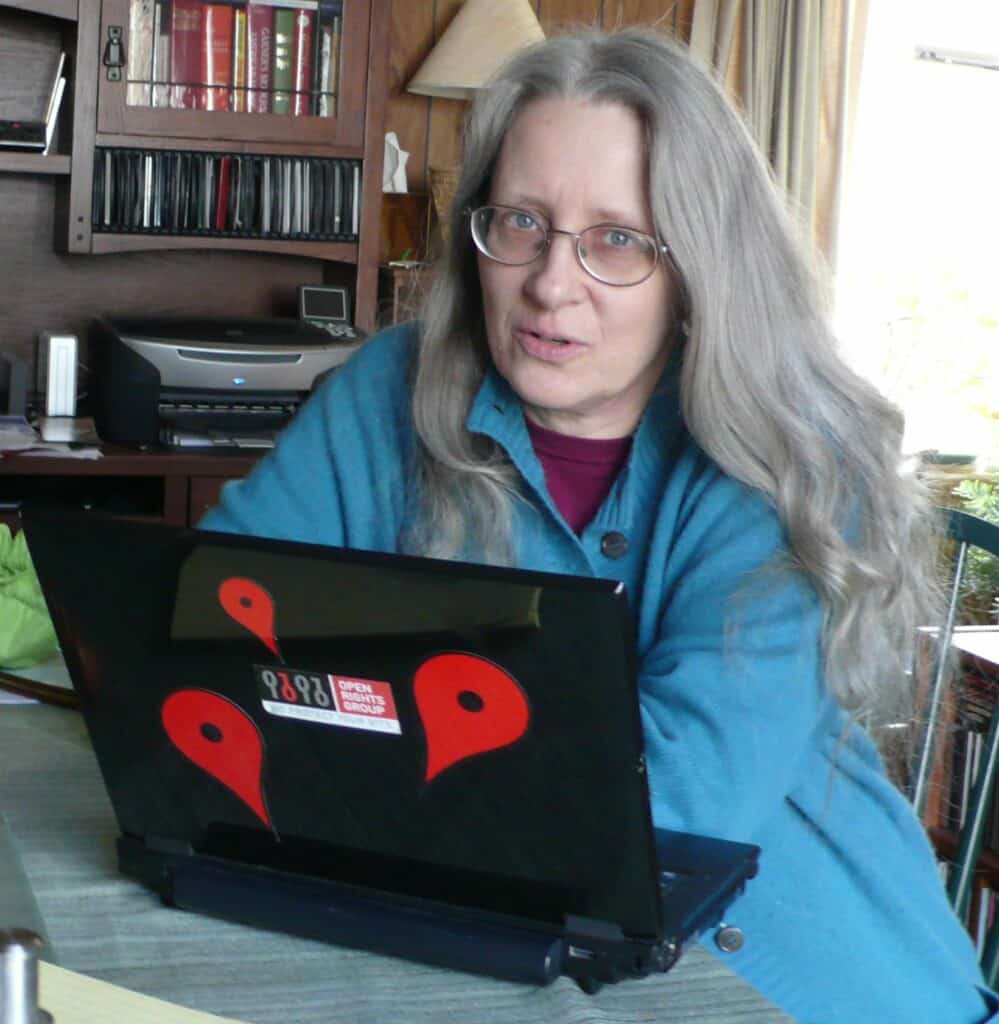
What we talk about when we talk about AI
Wendy Grossman
13 April 2026 Monday 19:30
The Plume of Feathers
19 Park Vista, Greenwich, SE10 9LZ
We talk about “artificial intelligence” as if it were a single thing, but in reality it’s an umbrella term that can mean anything from a computer program that generates an image from a prompt composed of a few words or automates keeping meetings notes to a non-biological superhuman consciousness to which we seem as dumb as a computer program that prints “Hello, world” seems to us. The issue is exacerbated by a number of factors: the hype “AI” companies’ marketing people sprinkle on everything; the depictions in science fiction books, movies, and TV shows; and, not least, our eternal desire for companions and superhuman guardians and our ability to anthropomorphize absolutely anything. This talk will tease apart some of these threads, and provide some guidelines in deciding how to navigate the difference between the state of the art and fantasy.
Wendy M. Grossman is the founder and former editor of The Skeptic magazine. For 35 years, she has focused on computers, freedom, and privacy in books and for publications such as the Guardian, the Daily Telegraph, New Scientist, Scientific American, and Wired. Since 2001 she has published a weekly blog, net.wars. She is also a sometimes folksinger.
May 2026
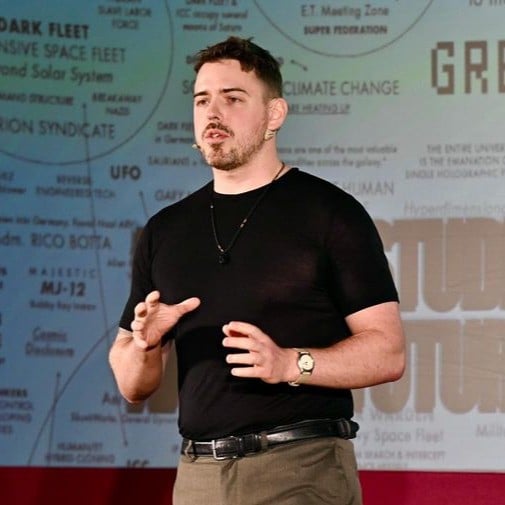
Horror Everything: 2016 – Forever
Dr Joe Ondrak
11 May 2026 Monday 19:30
The Plume of Feathers
19 Park Vista, Greenwich, SE10 9LZ
The history of horror is also the history of media, and key in understanding how we use media to play with the boundaries of what is real and what isn’t. In this talk, I explore and explain how horror fiction traditions are useful to understand contemporary conspiracy culture, moving from false documents and found footage to creepypasta and QAnon. Taking a formalist and stylistic approach, I demonstrate how social media platforms shape meaning, blur the boundaries of fact and fiction, and create a shared cognitive environment ripe for conspiracy belief.
Dr. Joe Ondrak is a leading expert in digital horror, both real and fictional. He has published extensively on extreme right-wing terror, disinformation, and conspiracy theories, as well as creepypasta and networked digital horror genres. He currently works as a subject matter expert in hate groups at Resolver and consults on digital extremist behaviours and activities. His chapter for the Routledge Companion to Horror Studies – The (New) Medium is the Monster: Networked Digital Horror – is forthcoming.
June 2026
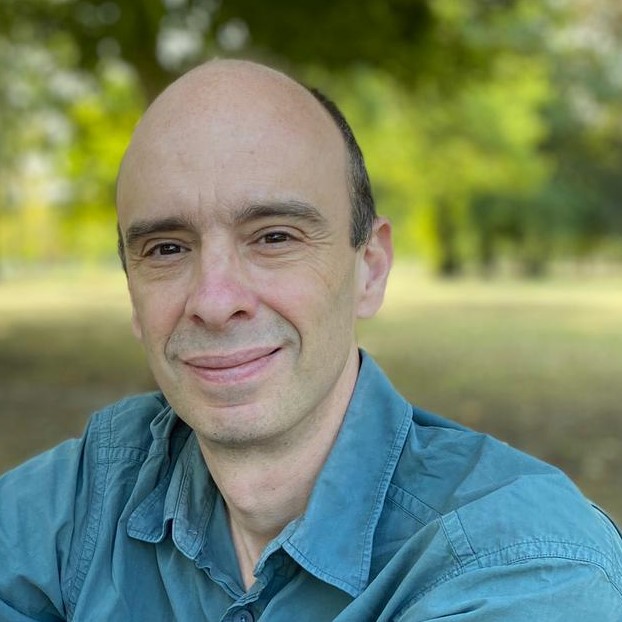
The Common Cold: 30,000 Years of the Sniffles
Dr David Miles
Immunologist
8 June 2026 Monday 19:30
The Plume of Feathers
19 Park Vista, Greenwich, SE10 9LZ
Everybody knows what a cold feels like: miserable. The first cold virus was detected in a milk tooth shed over 30,000 years ago and ever since, the common cold has been a bane.
Yet while sore throats and blocked noses are annoyingly familiar, the processes that lead to them are not widely known and often misunderstood. Processes like the misdirected immune response that makes us ill with a cold instead of protecting us from illness. Like the way heating a building enhances cold virus transmission. Like the way that most cold viruses can only exist at all thanks to the society we’ve built over the last few millennia.
And, most importantly, what we can do about them.
David Miles is an infectious disease immunologist who spent ten years researching immunity to infections and the vaccinations that protect against them in various parts of Africa. He now lives in London and teaches on the London School of Hygiene and Tropical Medicine’s online postgraduate course. His first popular science book, How Vaccines Work, was published in March 2023 and his second, Sneeze: The History and Science of the Common Cold, will be published in March 2026.
July 2026
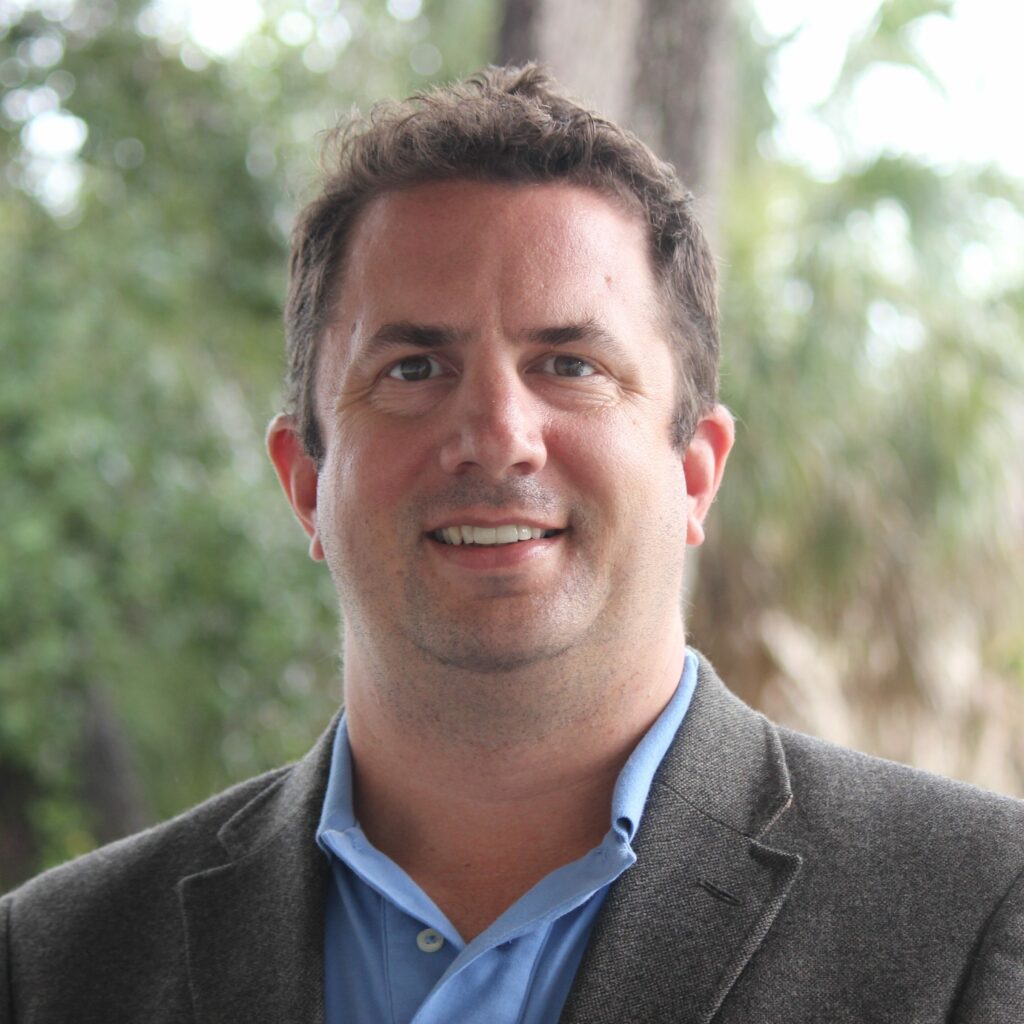
The People Who Break Things
Joseph Uscinski
University of Miami
13 July 2026 Monday 19:30
The Plume of Feathers
19 Park Vista, Greenwich, SE10 9LZ
This talk seeks to explain recent instances of institutional erosion in the United States and elsewhere. Human flourishing requires science, medicine, public health, education, economic markets, and democratic governance; all of these depend on stable, long-standing institutions that can develop standard operating procedures, sort fact from fiction, and implement directives. In recent years, however, political movements in the U.S. and elsewhere have organized around the destruction of society’s institutions and their knowledge-generating processes. For example, a popular U.S. movement that rejects established science, such as the germ theory of disease, has been successful at dismantling U.S. public health institutions, including the CDC and NIH, allowing once eliminated infectious diseases, like measles and whooping cough, to have a resurgence.
Drawing on 15 years of original survey data, Professor Joseph Uscinski identifies a distinct group of citizens who share a hostility toward political, scientific, and social institutions. Historically disengaged, these individuals were mobilized into a durable political coalition focused on breaking things, both with their political support and occasionally with violence. The result is a form of mass-enabled nihilism in which democratic norms are undermined not only by elites, but by citizens who actively seek institutional destruction. Professor Uscinski concludes by discussing the implications of such coalitions for democratic resilience and outlining strategies for putting the broken scientific, medical, public health, educational, economic, and democratic institutions back together.
Dr. Joseph Uscinski is a professor of political science, one of the foremost experts on conspiracy theories, and a lifetime fellow of the Committee for Skeptical Inquiry. For more than a decade, he has been polling Americans about their beliefs in conspiracy theories and other dubious ideas. Professor Uscinski has published more than 60 peer-reviewed articles and several books, including American Conspiracy Theories, widely considered the foundational study of modern American conspiracy theories, and Conspiracy Theories: A Primer, the first textbook on conspiracy theories.
August 2026
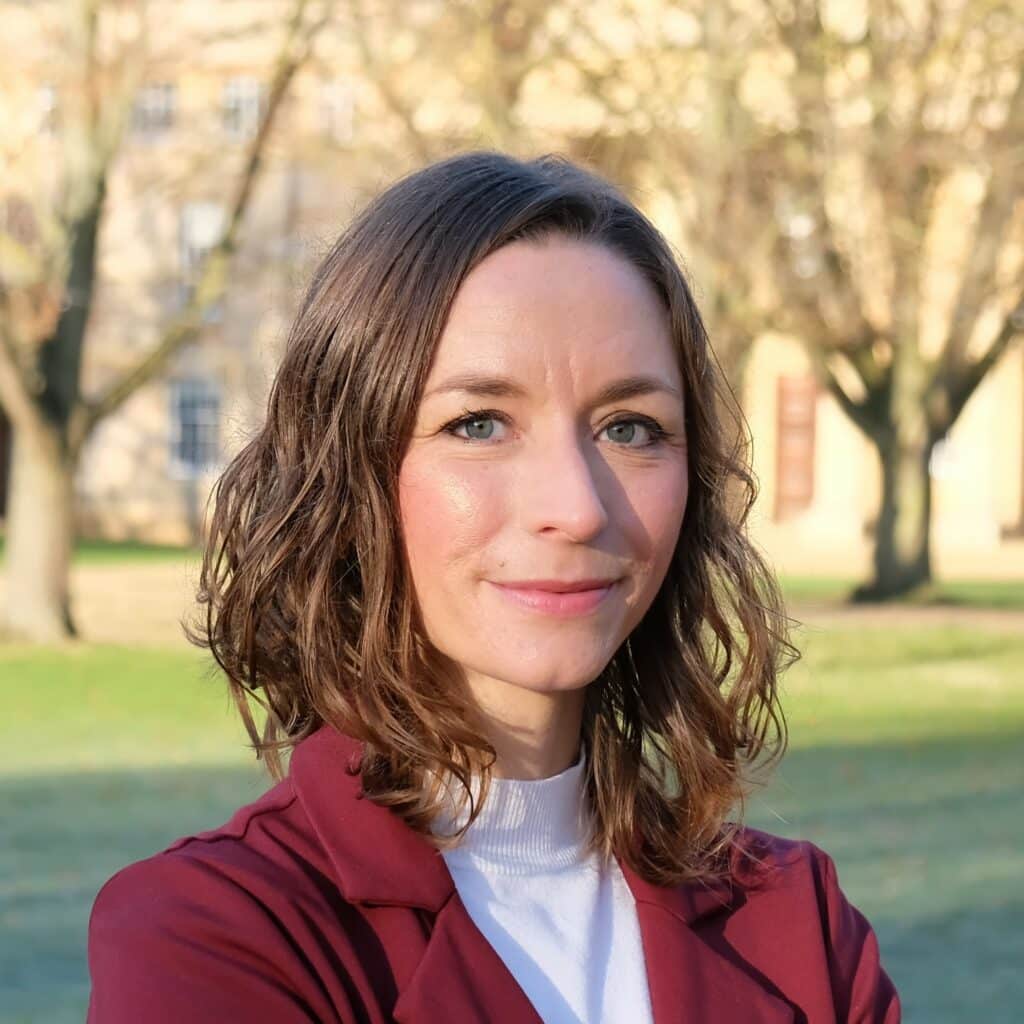
Eternal Sunshine of the Spotless Mind:
How Close Are We to a ‘Forgetting Pill’?
Professor Amy Milton
Behavioural Neuroscientist
10 August 2026 Monday 19:30
The Plume of Feathers
19 Park Vista, Greenwich, SE10 9LZ
Mental health conditions, such as posttraumatic stress disorder and drug addiction, are sustained by the formation of ‘maladaptive memories’ which come to dominate behaviour. These could be ‘trigger stimuli’ inducing flashbacks and distress in people with PTSD, or the re-exposure to people, places and paraphernalia associated with drug use leading to relapse in an addicted person trying to remain abstinent. Consequently, there has been great interest in the idea of ‘forgetting pills’ – drugs that might, when combined with psychological therapy, weaken or even erase those maladaptive memories. But what can these pills really do, and do we want ‘forgetting pills’ anyway? This talk will consider the science behind memory updating, and what the evidence suggests we can, and can’t, do in targeting maladaptive memories.
Amy Milton is a behavioural neuroscientist who has spent more than 20 years studying the processes of memory updating and persistence, with a focus on maladaptive memories contributing to mental health disorders. She is a Professor in Behavioural Neuroscience at the University of Cambridge, where she leads the Memories in Neuropsychiatric Disorders (MiND) lab. She has appeared on BBC Radio 4’s Curious Cases, contributed to an Arte television documentary on forgetting, and her TED talk on ‘Editing Memories’ has received over 2.4 million views.
September 2026
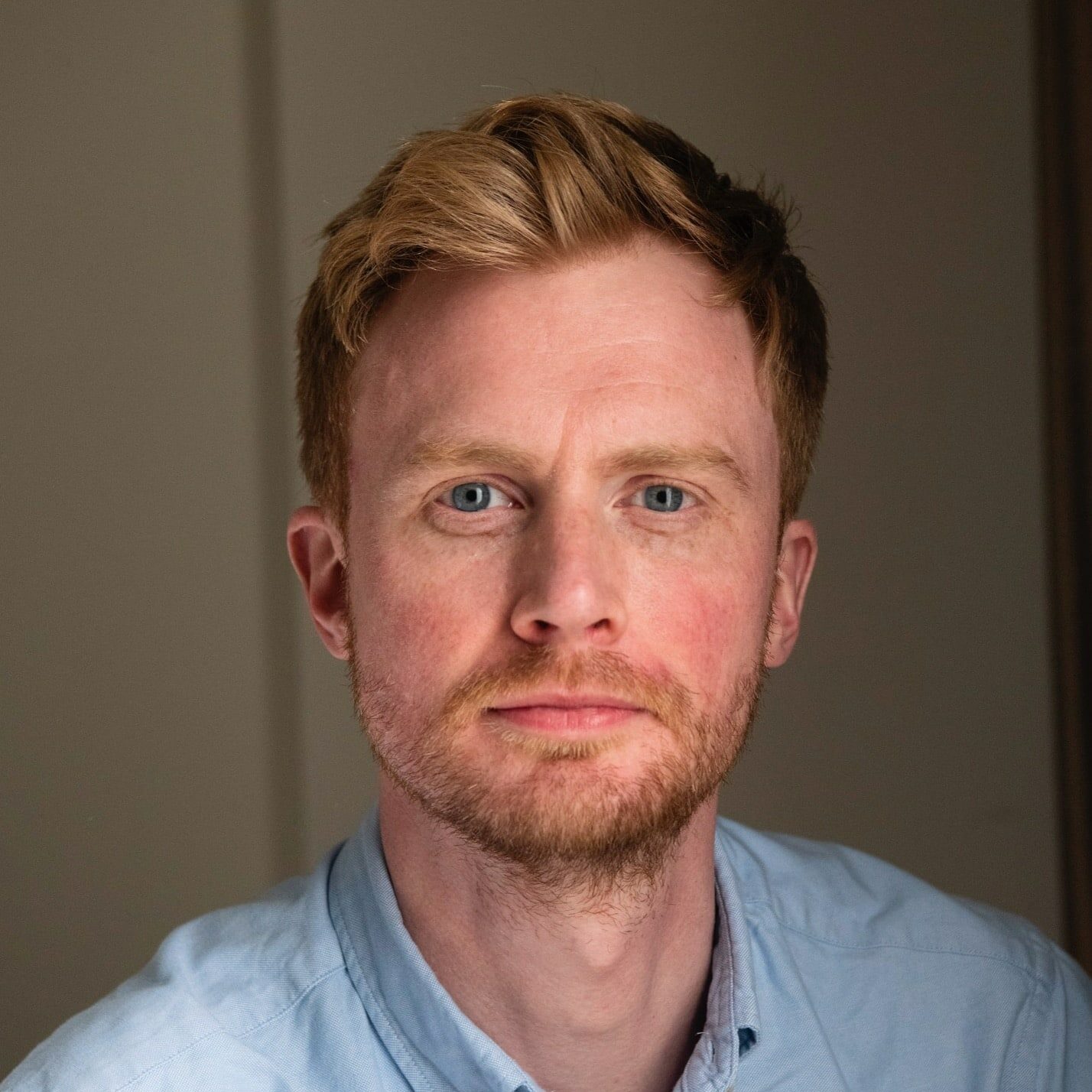
How certain is certain enough?
Adam Kucharski
Author and Mathematician
14 September 2026 Monday 19:30
The Plume of Feathers
19 Park Vista, Greenwich, SE10 9LZ
What would convince you that something is true? And once you got there, how would you convince others?
Adam Kucharski will discuss the crucial ideas behind his new book, Proof: The Uncertain Science of Certainty, exploring the methods we can use to get closer to what’s really happening – and what happens when these methods fail.
Throughout history, scientific progress has relied on establishing fact from fiction. For millennia, the reasoning went: achieve logical perfection and be rewarded with ultimate, universal truth.
But demonstrating that a new medical treatment works, persuading a jury of someone’s guilt, or deciding whether to trust a self-driving car requires us to weigh up noisy, uncertain evidence.
In an era where truth feels ever more fragmented and information ever more overwhelming, we will delve into how we got here – and where we’re going next.
Adam Kucharski is a mathematician, epidemiologist, and author. He is a professor at the London School of Hygiene & Tropical Medicine, where he has developed new ways to understand and predict global outbreaks, including Ebola, Zika and COVID. He has contributed scientific insights to multiple governments and health agencies, and collaborated on research with organisations including the Premier League and the BBC. In 2023, he was awarded the Adams Prize, one of the most prestigious prizes in UK mathematics, for his work on epidemic analysis.
His popular science articles have appeared in publications including New Scientist, The Times, Financial Times and Wired and he has contributed to several documentaries, including BBC Horizon. He is author of Proof: The Uncertain Science of Certainty, which has been named a 2025 Financial Times and New Scientist Book of the Year. He is a TED Senior Fellow and winner of the 2016 British Science Association Rosalind Franklin Award, and has a PhD in Applied Mathematics from the University of Cambridge.
